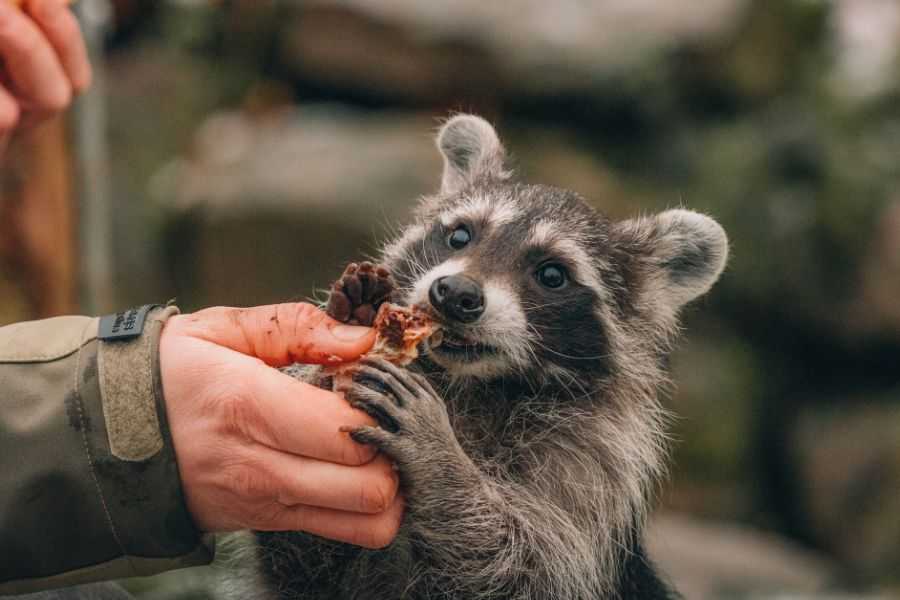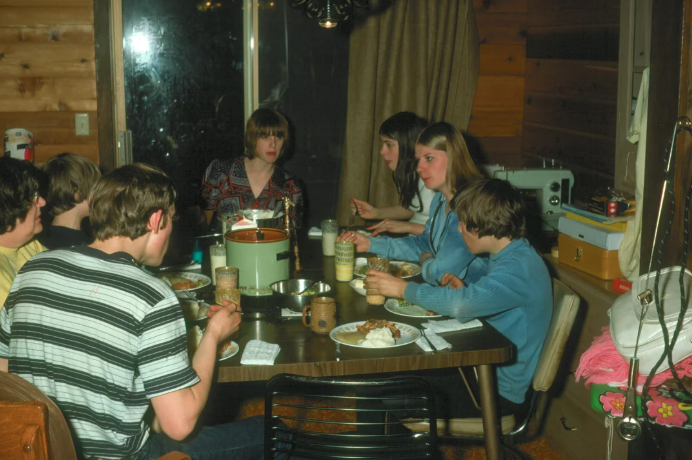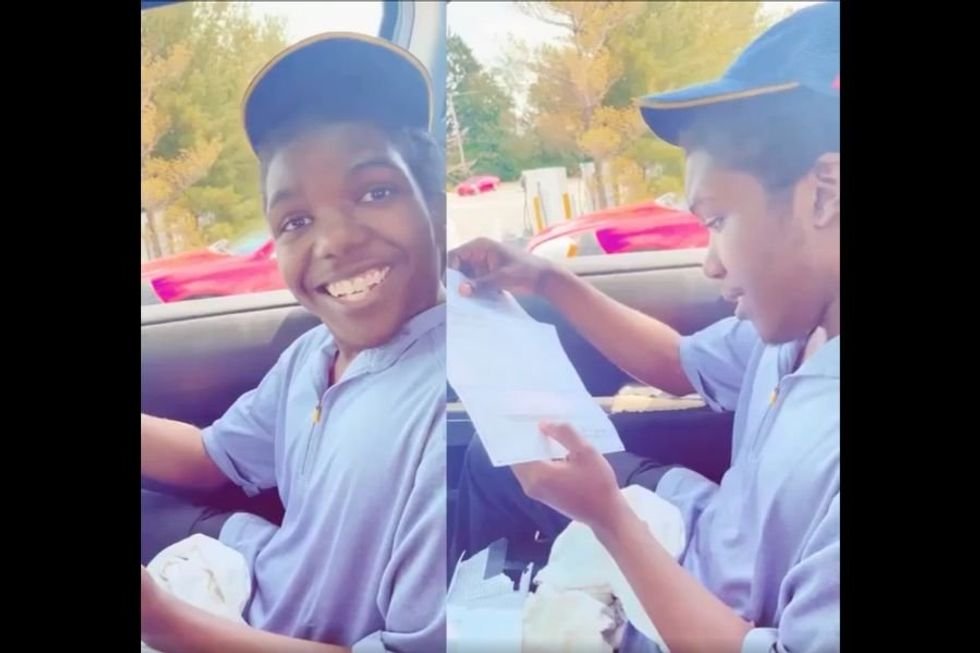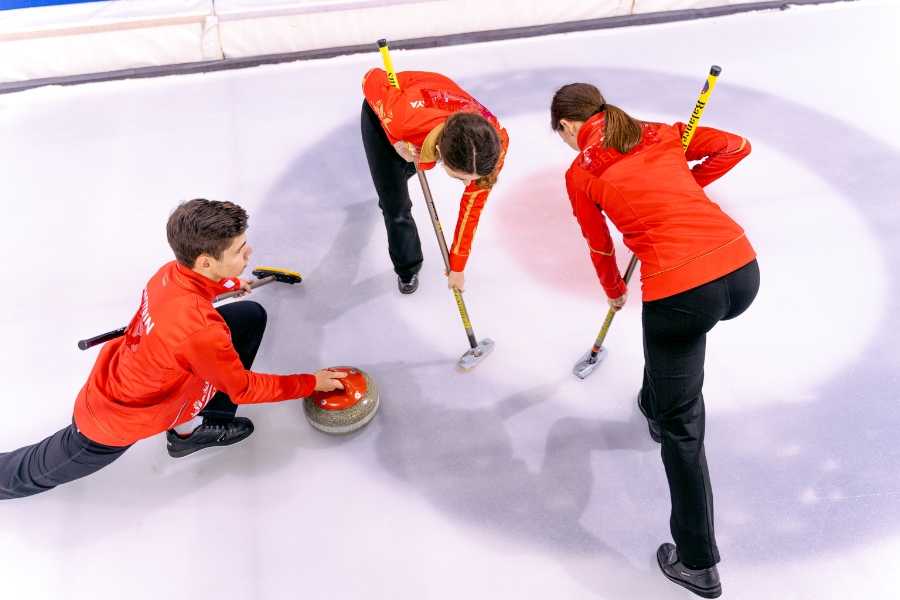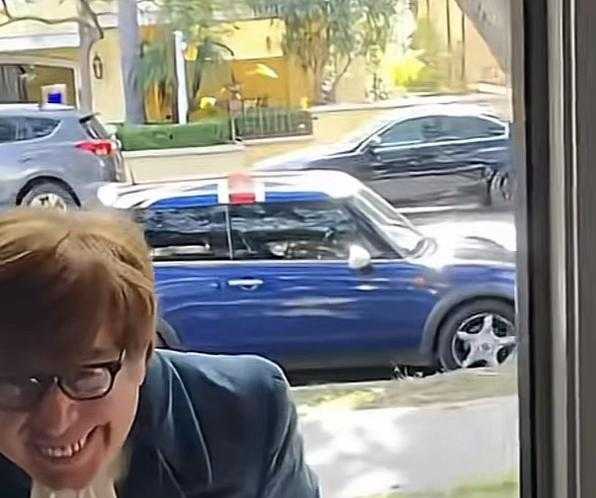If you have ever watched a raccoon confidently tiptoe across a fence or dive into a trash bin like it owns the place and felt utter delight, you might be thrilled to learn that new research has found these little bandits are cooking up new ways to melt our hearts…including picking up physical traits we associate with pets.
Scientists say city raccoons may be showing early signs of domestication, an idea that first sparked Raffaela Lesch, a zoologist at the University of Arkansas at Little Rock, when she tossed a can into a campus bin.
Instead of the usual metallic clank, she heard a muted thud. Then a raccoon head popped out—comfortably, fearlessly. Something a bit out of character for a “wild” animal.
“I wanted to know if living in a city environment would kickstart domestication processes in animals that are currently not domesticated,” Lesch said in a statement. “Would raccoons be on the pathway to domestication just by hanging out in close proximity to humans?”
Inspired, Lesch and her students examined almost 20,000 photos of raccoons uploaded to iNaturalist. Out of those, they focused on 249 perfect side-profile images and made a lovely discovery: urban raccoons’ snouts were shorter than those of rural raccoons.
What shorter snouts (and human garbage) have to do with domestication
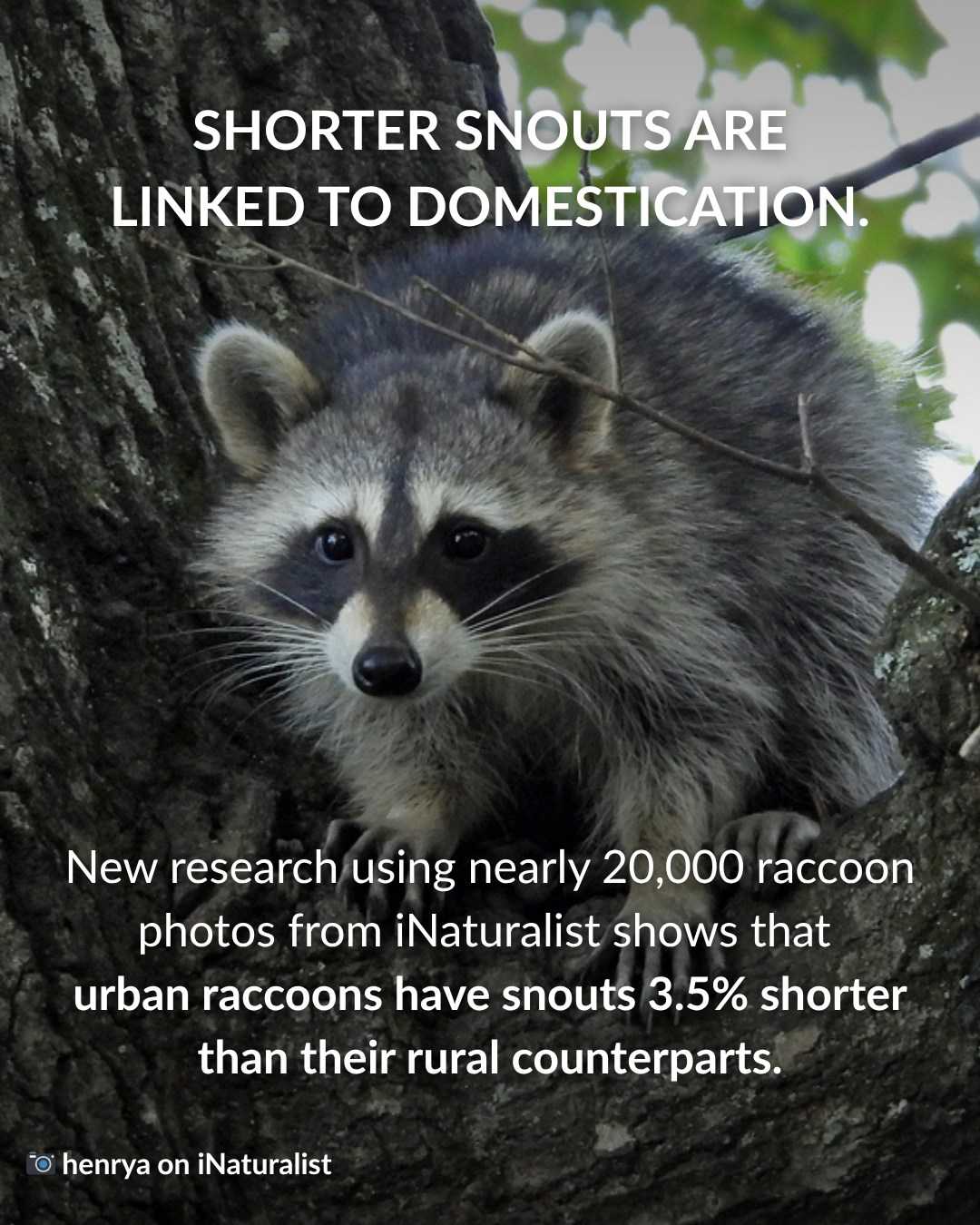
Shorter snouts are part of what scientists call “domestication syndrome,” a bundle of physical traits that tend to appear when a species becomes more comfortable living alongside humans. Floppy ears, white patches of fur, and generally calmer behavior all fall into this category.
For a species often nicknamed “trash panda,” it makes sense that their own personal domestication journey began with cozying up to our dumpsters, not their shortened snouts. This of course is not unique only to raccoons. It’s a strategy that wolves picked up a long time ago before they became dogs.
Trash, it seems, really is the “kickstarter” for domestication, as Lesch put it. “All [animals] have to do is endure our presence, not be aggressive, and then they can feast on anything we throw away.”
However, before you hop onto PetSmart looking for raccoon- specific chew toys, researchers emphasize that this pet-ification process would still be in its earliest stages, if it is happening at all. After all, raccoons are not pack animals like dogs or sheep. But they are adaptable, social, and remarkably clever…so no one is ruling it out entirely. Whether this leads to actual domestication is still unknown, but the early signs are intriguing.
People already want the raccoon adoption hotline number
Once the study hit social platforms, enthusiasm skyrocketed.
“All I heard is I’m gonna have a pet raccoon eventually,” one TikTok user wrote.
“I VOLUNTEER AS TRIBUTE FOR THE RACCOON DISTRIBUTION SYSTEM,” said another.
And on Instagram, someone echoed, “Does anybody know when the raccoon distribution system goes live? I am very interested in this new pet.”
A future with floppy-eared trash pandas?
Lesch says the real excitement comes from observing what might be the beginning of a long evolutionary story. As she put it, “We get to explore this story while it is in its beginning stages.”
Of course, while we may long for the day when the phrase “good boy” applies not just to dogs but to the masked little neighbors raiding our bins at night, signs of their further domestication aren’t entirely wholesome. For one thing, this behavior is a direct result of habitat loss, which isn’t good. Furthermore, increased familiarity can put both animals and humans in harm’s way. Overconfidence around people can also lead to higher chances of vehicle collisions or conflict if animals start expecting food near homes. Animals that adapt too closely to human environments can also disrupt local ecosystems by changing their feeding patterns or crowding out other species.
Point being: yes the possibility of living out one’s Disney-coded fantasy of having a raccoon familiar is closer than ever. But in the end, the best thing we can do for them is protect the wildness that makes them so endlessly fascinating in the first place.

